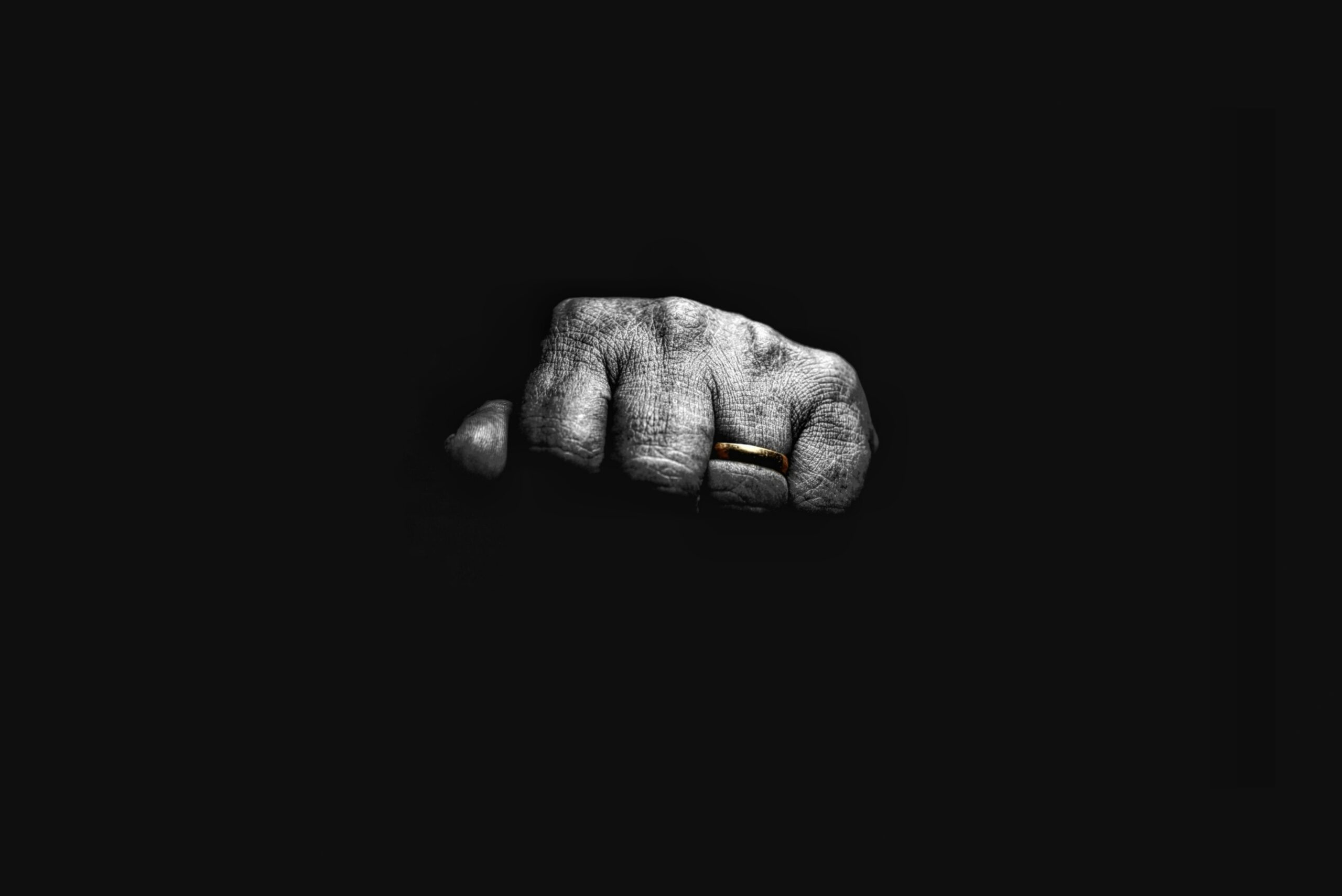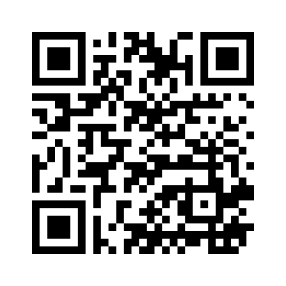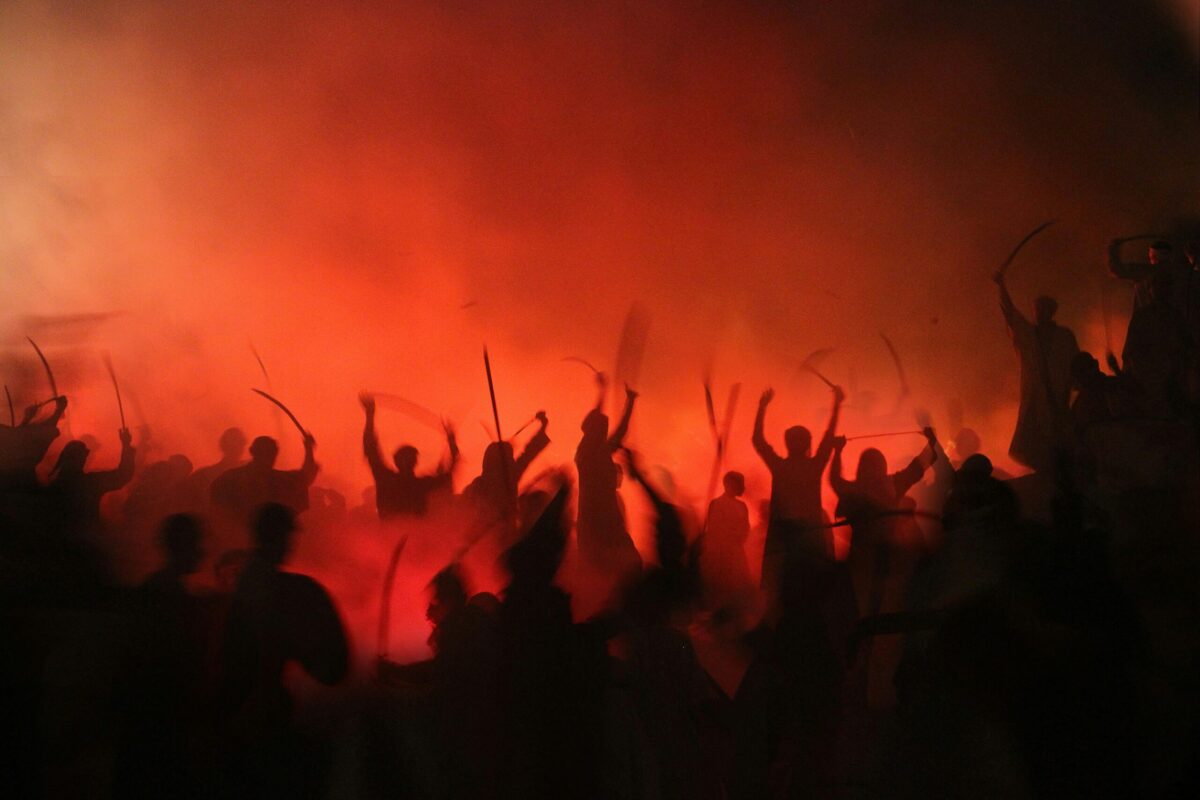Dream of Witnessing Violence: Meaning, Psychology & Spiritual Insight
Few dreams land as hard as watching someone get attacked or killed. The images linger, the body tenses, and a part of you keeps replaying the scene as if a solution might appear. In dream psychology, though, these episodes rarely predict real events. They magnify pressure points—protection, power, guilt, boundaries—so you’ll finally face what feels unsafe or out of control while awake. Rather than a curse, the dream acts like a fierce teacher demanding your attention.
Why This Dream Shows Up
Intense scenes arrive when your mind needs you to pay attention. Perhaps someone keeps crossing your limits and you’re swallowing your anger. Perhaps a situation is escalating and you feel unprepared to act. Sometimes the imagery simply processes what you’ve absorbed—news cycles, true-crime dramas, someone else’s crisis that stuck to your nervous system. And sometimes “death” doesn’t point to mortality at all; it signals an ending you can’t postpone anymore: a role you’ve outgrown, a habit you’re ready to quit, a bond that no longer protects your wellbeing.

What the Feelings Reveal
Start with the strongest emotion. Shock often mirrors the way you freeze around conflict. An urgent need to protect shows you what you value and where action belongs next. Guilt whispers, “I should have done more,” but beneath that reflex sits a core principle—justice, loyalty, safety—that deserves a clear plan rather than self-punishment. If rage surges, your system is asking for truth-telling and firmer boundaries. When grief rises instead, your heart already recognizes a letting-go; you’re preparing to protect what can be saved by releasing what cannot.
Psychological and Spiritual Meaning
Psychologically, every character may represent a part of you. The victim can stand for a vulnerable quality—creativity, innocence, confidence—that criticism, burnout, or fear has been attacking. The aggressor often personifies the harsh inner voice that sabotages progress or echoes someone else’s control. The silent witness exposes the moments you feel voiceless, and with that recognition comes your way back to agency. Spiritually, the dream functions like an initiation. Something old must end so something honest can begin. The question shifts from “Why did I see this?” to “What must I end, protect, or declare to live in alignment?”
How to Read Your Dream
Reconstruct the scene as if you’re reviewing a play. Who stands where? When does your body tense? What exact second makes you want to look away? Name that feeling, then trace it to a current situation that evokes the same tension. Next, notice your triggers over the last few days—media exposure, arguments, bad news, old memories. Finally, translate insight into one concrete move. Set a limit with someone who keeps pushing. Ask for help where you keep coping alone. Reduce violent content until your sleep stabilizes. Protect your time and energy as if they were the person you wanted to rescue.
What Common Scenes Often Point To
A stranger in danger usually reflects generalized anxiety and the sense that chaos could strike anywhere. When a loved one suffers, the dream spotlights fear of loss and a desire to strengthen connection and protection. Recognizing the attacker brings boundary issues into focus; power needs rebalancing and truth needs a voice. If you can’t move or call for help, your nervous system is rehearsing the freeze response—practice small, safe steps toward action while awake. When you fight back in the dream, courage is consolidating and anger is integrating in a healthy way. And if the victim dies yet you feel relief, your psyche may be blessing an ending you already crave.
Integration and Aftercare
Begin with the body. Breathe slowly, sip water, and orient to the room until safety returns. Then write what happened without judgment and underline the moment that matters most. Choose one protective boundary you can set today—less doom-scrolling, fewer late-night thrillers, clearer limits with a pushy colleague, or a direct conversation that restores respect. Channel any leftover heat into movement, assertive words, or creative work. And if the dreams echo trauma or keep disturbing your sleep, speak with a licensed mental health professional; support shortens the distance between alarm and relief.
Clearing Up Three Common Myths
Dreaming of murder does not doom anyone. In symbolic language, death marks transformation far more often than catastrophe. Failing to intervene in the dream does not make you weak; the freeze response belongs to a healthy nervous system that sometimes needs practice to thaw. Violent dreams do not create violent people either; they often discharge stress and push you toward wiser limits and safer choices.
FAQ
Is this dream a bad omen?
Usually not. The scene stages danger to highlight where you need support, boundaries, or action.
Why do I feel so guilty?
Because you value protection and justice. Instead of carrying blame, convert the feeling into one realistic protective step.
What if the dream shows someone I know?
They may symbolise a part of you or point to a relationship that needs clearer limits and honest talk.
Could this link to trauma?
It might. If distress persists or memories resurface, professional care can help you process the charge and sleep more peacefully.







